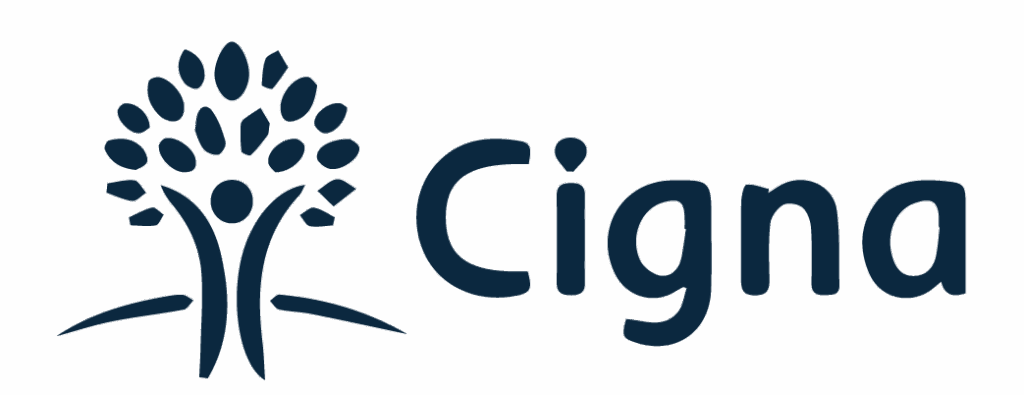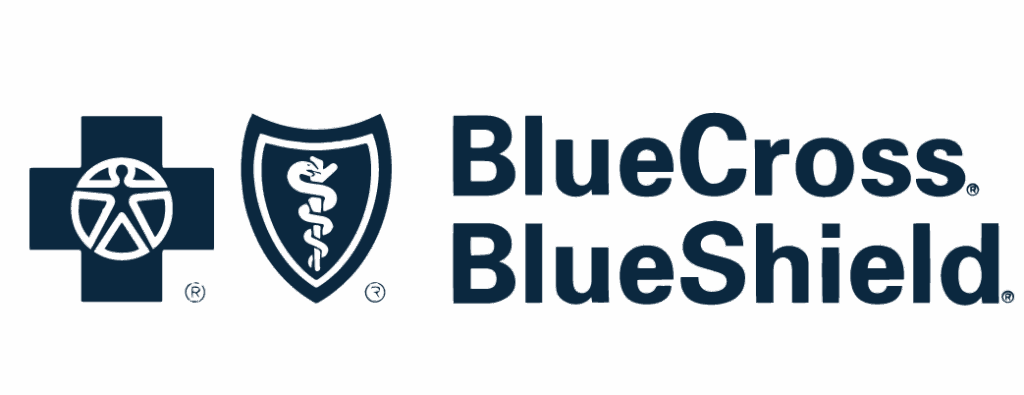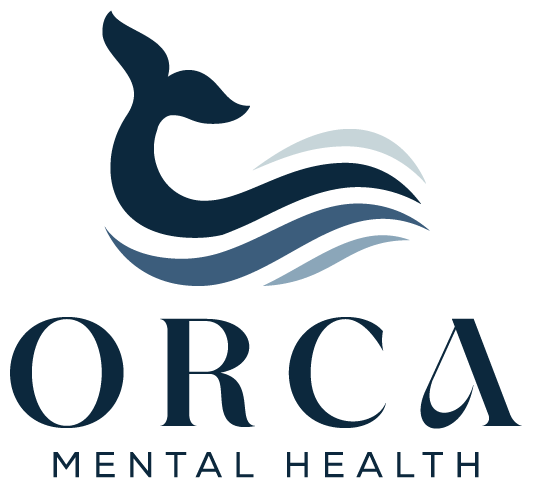- Home
- Levels of Care
- Intensive Outpatient Program
- About Our Program
Men's IOP Program In San Diego
At ORCA Mental Health, our Intensive Outpatient Program (IOP) is meticulously designed to meet the unique recovery needs of men on their mental health journey. This program combines the rigor of inpatient treatment with the flexibility of outpatient care, making it possible for participants to maintain their daily commitments while receiving comprehensive mental health support. Our IOP program in San Diego caters specifically to men’s mental health, with tailored interventions that address both substance abuse and mental health disorders, providing a path to recovery that is both supportive and sustainable.
Finding the right program for your needs is essential.
- Our Program
Understanding IOP
There are various levels of care when it comes to treating mental health and/or addiction. Finding the right program for your needs is essential. Find out if IOP is the right program for you:
What Is an Intensive Outpatient Program?
Why Choose ORCA Mental Health for IOP?
- About Our Program
Key Components of Our San Diego IOP
Not all IOPs are built the same; our San Diego IOP is a comprehensive program designed to help you achieve long-term recovery. ORCA Mental Health’s intensive outpatient program includes:
Individual Therapy Sessions
Group Therapy Dynamics
Group therapy is a cornerstone of our program, providing a supportive environment where participants can share experiences and learn from each other. These sessions foster a sense of community and belonging, which is crucial for emotional healing. Topics covered in group therapy include stress management, relapse prevention, communication skills, and healthy relationship building.
Support Systems and Community Building
- ORCA Mental Health
Individualized Approach
ORCA Recovery Centers and Mental Health offers a men’s-only Intensive Outpatient Program (IOP) for those seeking structured mental health and addiction treatment. Contact us today to learn more about our flexible, evidence-based IOP in San Diego County.
- Why Choose Us
Benefits of IOP at ORCA Mental Health
Flexibility and Accessibility
Our IOP is structured to provide maximum flexibility, allowing participants to receive treatment without stepping away from their daily responsibilities. This accessibility makes it easier for individuals to integrate treatment into their everyday lives, promoting a more sustainable recovery process.
Continuous Support
Our program offers ongoing support and resources, enabling participants to manage their recovery while living at home. This setup helps maintain stability and continuity in personal and professional life, which is often disrupted in more restrictive treatment settings.
Cost-Effectiveness of IOP
IOPs are typically more affordable than inpatient programs because they do not include lodging costs. Our program offers comprehensive care at a fraction of the cost of residential treatment, making it a financially viable option for many individuals.
- About Our Program
Intensive Outpatient Treatment and Mental Health Disorders Treated
Our IOP at ORCA Mental Health is equipped to treat a broad spectrum of mental health disorders, recognizing that each individual’s journey to recovery is unique and requires a personalized approach. The program is designed to be comprehensive, addressing various conditions that commonly affect men.
The most frequently addressed disorders in our IOP include depression, anxiety disorders, post-traumatic stress disorder (PTSD), bipolar disorder, and substance use disorders. Each condition is treated using evidence-based therapies tailored to the individual’s specific needs and symptoms.
- Depression: For men dealing with depression, we offer cognitive-behavioral therapy (CBT) to help them identify and change negative thought patterns, along with activities that boost self-esteem and group sessions that help reduce the isolation often associated with depression.
- Anxiety Disorders: Techniques such as exposure therapy, mindfulness practices, and stress management are integrated to help men manage anxiety symptoms effectively.
- PTSD: Our approach to PTSD includes trauma-informed care options like EMDR (Eye Movement Desensitization and Reprocessing) and narrative therapy, allowing individuals to process and make sense of their traumatic experiences.
- Bipolar Disorder: We provide mood stabilization strategies, psychoeducation to manage symptoms, and support systems to help men understand and cope with the highs and lows associated with bipolar disorder.
- Substance Use Disorders: Our program incorporates relapse prevention strategies, motivational interviewing, and family therapy to address the complex needs of men recovering from addiction.
Recognizing the diverse needs of our participants, we offer a range of therapeutic modalities to ensure the most effective treatment for each individual. This includes group therapy for peer support, individual counseling for personalized attention, family therapy for relational healing, and various psychoeducational workshops to provide men with the tools they need for long-term wellness.
Each therapy is chosen based on its proven effectiveness for specific disorders and is delivered by therapists who specialize in men’s mental health, ensuring that every participant receives the highest quality of care tailored to their specific needs.
- Why Choose Us
Intensive Outpatient Rehab Tailored For Men
Understanding Gender-Specific Needs
Men’s mental health needs are often influenced by a complex interplay of societal expectations, personal identity, and biological factors. Traditional masculinity can discourage emotional expression and seeking help, which are crucial components of an effective mental health treatment plan. Our program addresses these issues by fostering an environment where men can safely explore their emotions and vulnerabilities without judgment.
Our treatment center integrates activities and therapies that cater to men’s preferences and learning styles. These approaches help to engage men in the recovery process more effectively, encouraging participation and retention in the program.
The Role of Gender in Recovery
The role of gender in recovery is significant because men and women often experience different pathways to addiction and mental health challenges, respond differently to various treatments, and face distinct social and personal consequences. By understanding these differences, our IOP is able to offer more personalized and effective treatment.
For instance, our treatment program includes sessions that address issues like anger management, stress reduction, and communication skills, which are often key areas for men. We also provide mentorship opportunities, allowing newer participants to benefit from the experiences and guidance of those further along in their recovery journey. This mentorship not only aids in recovery but a
Each individual’s mental health journey is unique
- Our Program
Get in Touch With Us Today
If you or a loved one is seeking flexible, effective mental health treatment in San Diego, contact ORCA Mental Health. Our Intensive Outpatient mental health services offer the tools and support necessary for lasting recovery and a higher quality of life.
- Get Help With Costs
We Accept Most Major Insurances
Contact our team or fill out our online form to verify your insurance coverage.








- Get Started
Take the First Step Toward Recovery
At ORCA Mental Health, we believe in a holistic and individualized approach to mental health care. We recognize that every journey is unique, and our programs are tailored to the specific needs of each client.
- Our clients receive the most effective and relevant treatment
- We work collaboratively to provide the highest standard of care
- Our Community fosters long-term recovery and personal growth

